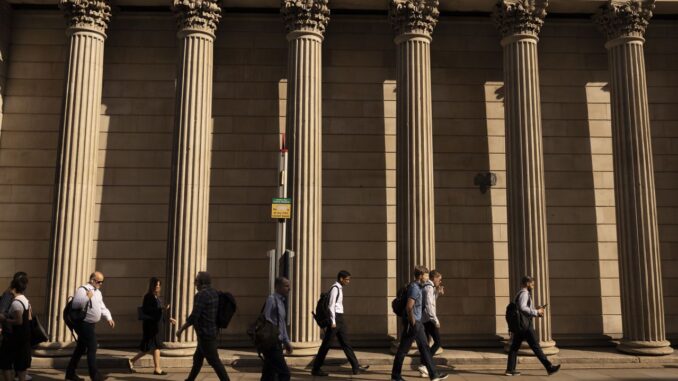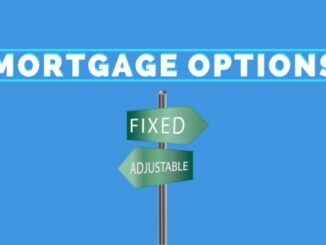
The Bank of England raised interest rates by half a percentage point Thursday, after data this week revealed surprisingly stubborn inflation. The move will pile pain on people with mortgages and put more downward pressure on house prices.
The decision in favor of a 13th consecutive hike takes the main borrowing cost for commercial banks in the United Kingdom to 5%, the highest since April 2008.
“The economy is doing better than expected but inflation is still too high and we’ve got to deal with it,” Bank of England Governor Andrew Bailey said in a statement.
“We know this is hard — many people with mortgages or loans will be understandably worried about what this means for them. But if we don’t raise rates now, it could be worse later,” he added. “We are committed to returning inflation to the 2% target and will make the decisions necessary to achieve that.”
Financial markets now expect the Bank of England’s benchmark interest rate to reach 6% around the turn of the year — a level not seen in two decades — in the ever more desperate battle to control rising prices.
That’s bad news for more than 2 million UK mortgage holders, who are bracing for a sharp increase in their monthly mortgage bills when they are forced to refinance this year and next.
Loading…



